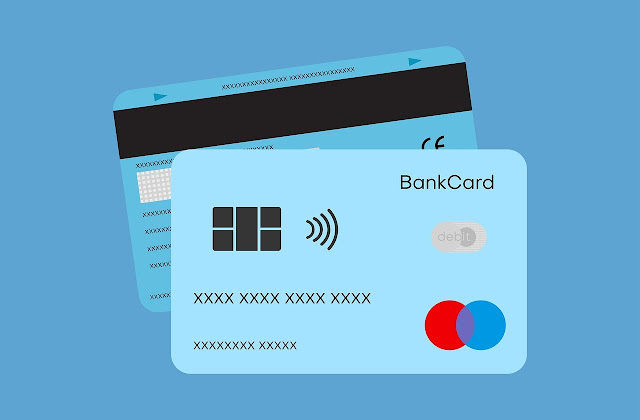What Is Bank Credit - How Does Bank Credit Work? DEFINITION Bank credit is given when a lender, such as a bank or
other financial institution, lends money to a borrower who agrees to repay it
with interest over a specified time period.
Bank Credit Definition and Examples
It can be used to pay for a house, a car, a home improvement
project, or anything else. Once you've been approved and accepted the credit,
you'll have to repay it, usually with interest, over a set period of time. What Is Bank Credit - How Does Bank Credit Work?
Assume you need money to remodel your kitchen. You choose a lender and apply for bank credit. The lender gives you a loan of $30,000. This means that it may lend you up to $30,000, but you are not required to borrow the entire amount.
If your kitchen remodel will cost $20,000, this is fantastic news
because the credit will cover the entire cost. However, if you need $40,000 for
the remodel, you'll need to look for a lender willing to lend you more money or
find another way to cover the remaining $10,000.
What Is Bank Credit - How Does Bank Credit Work?
A lender will consider a number of factors when determining how much bank credit to extend to you. Most lenders will check your credit history to determine the type of borrower you are. The higher your credit score, the more money you can probably borrow.
They may also look at your income and employment history to see if
you can afford to repay them. Your debt-to-income ratio, or DTI (monthly debt
payments divided by gross monthly income), will also be considered. A DTI ratio
of no more than 43% is preferred by many lenders. 1
When you apply for secured credit (more on this below), a lender
will consider the value of the collateral used to secure the loan. Furthermore,
it will consider any debt secured by the collateral and deduct the amount from
its value.
Bank Credit Types -
Bank credit is classified into two types: secured credit and unsecured credit. Secured credit is secured by collateral, which is typically a valuable asset such as your home or car. If you do not repay your debt, the lender may seize your collateral. A mortgage or a home equity loan, for example, are examples of secured credit. What Is Bank Credit - How Does Bank Credit Work?
Unsecured credit is not collateralized. This means that if you
default, the lender will be unable to seize any of your assets. However, it can
report your failure to pay to credit bureaus and leave a negative mark on your
credit. Unsecured credit is typically more difficult to obtain because it is
riskier for a lender than secured credit.
The Benefits and Drawbacks of Bank Credit
Bank credit has several notable benefits and drawbacks, including: What Is Bank Credit - How Does Bank Credit Work?
- Pros \Flexible
- Credit may be built or improved.
- Some lenders have more relaxed requirements.
- Cons May result in unmanageable debt
- You might not be accepted.
- Can harm your credit score
Explained Advantages -
Bank credit allows you to cover major expenses whenever you want,
even if you don't have the money on hand. What Is Bank Credit - How Does Bank Credit Work?
Credit may be built or improved: Bank credit can help you build credit or improve your credit score as long as you repay the money you borrow on time.
Some lenders have more relaxed requirements: You may be approved
for bank credit even if you have bad credit or a high debt-to-income ratio,
depending on the lender you choose and the amount of money you require.
Explained Cons
Can result in unmanageable debt: Bank credit may lead you into a
debt cycle if you borrow more than you can comfortably afford to repay. What Is Bank Credit - How Does Bank Credit Work?
- It's possible that you won't be approved: There is no guarantee that a lender will approve you or lend you the amount you desire.
- Can harm your credit score: If you make late or missed payments, you may harm rather than help your credit.
- Important Takeaways
- The total amount of money you can borrow from a lender is referred to as bank credit.
- There are two kinds of bank credit: secured and unsecured.
- Your credit score, income, and debt-to-income ratio will all influence how much bank credit you can obtain.
- Bank credit can be used to finance a variety of purchases, including a home, car, wedding, home improvement project, or even a vacation.




Thank you for visiting!